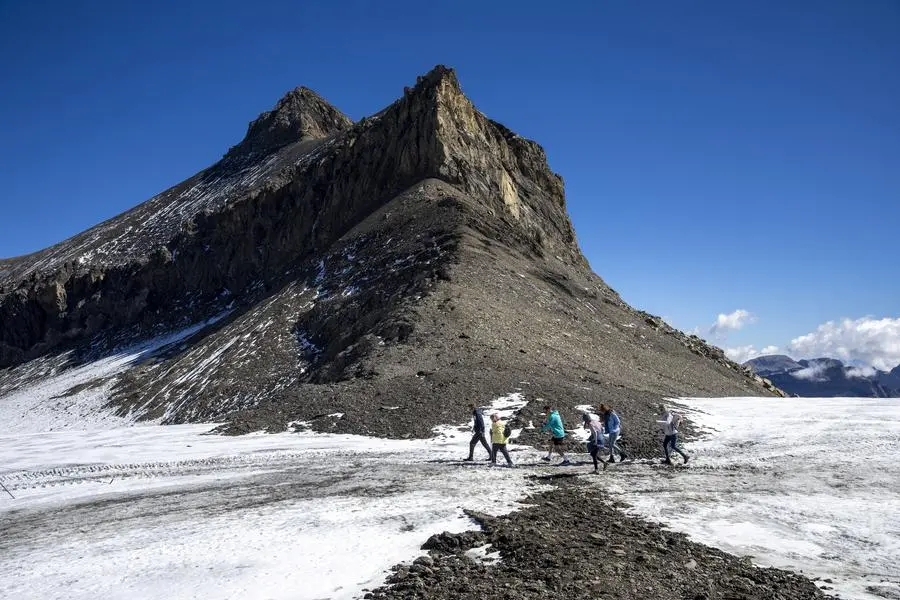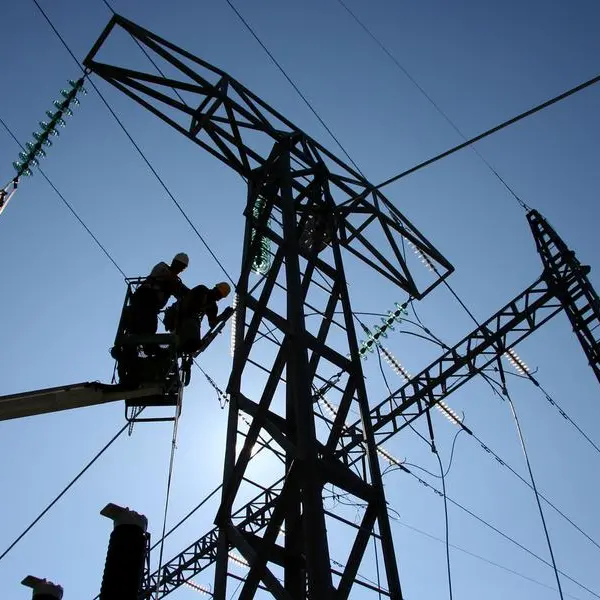PHOTO
LONDON - The average price of carbon offsets needs to rise to a "decent" level of at least $25-$35 a ton to encourage greater climate action by investors and polluting companies, the Asian Development Bank's climate envoy told Reuters.
The current cost of buying a credit in the voluntary market can be around $6-$8 a ton for sequestering carbon in forests, and less if a company is purchasing green power produced by solar energy or wind.
While many point to the real cost of carbon being above $100 a ton, Warren Evans said that "from a market point of view, I don't think we'll see that... in the foreseeable future".
But "even $25-$35 is enough to make a big difference", he said, adding that a resurgence in the kind of trading seen under the Clean Development Mechanism, a programme that collapsed in 2012, would be needed to "get a decent price on carbon".
Negotiators at the COP28 climate talks, due to start in Dubai in November, are set to push for firmer rules governing carbon offsets - credits allowing the holder to pollute - which will include defining what a good credit looks like and how trade may work.
If that reassures buyers of the quality of permits, it could push up demand for credits at a time when corporate interest in the existing voluntary carbon market is flagging.
Confidence in international carbon markets, and higher offset prices, are "really important for so many of the things that we're doing, that are reducing greenhouse gas emissions and (for which) 10-12 years ago we could see a revenue stream... that really helped justify those investments," Evans said.
Getting a price on carbon above $25 a ton could also help speed up an ADB-backed plan to retire a number of Indonesia's coal-fired power stations before the end of their economic life, Evans said.
A higher price would mean more money could be raised from the sale of carbon credits generated through the retirement of the plants and end their life even earlier, he added.
(Additional reporting by Sarah McFarlane and Susanna Twidale; Editing by Jan Harvey)





















